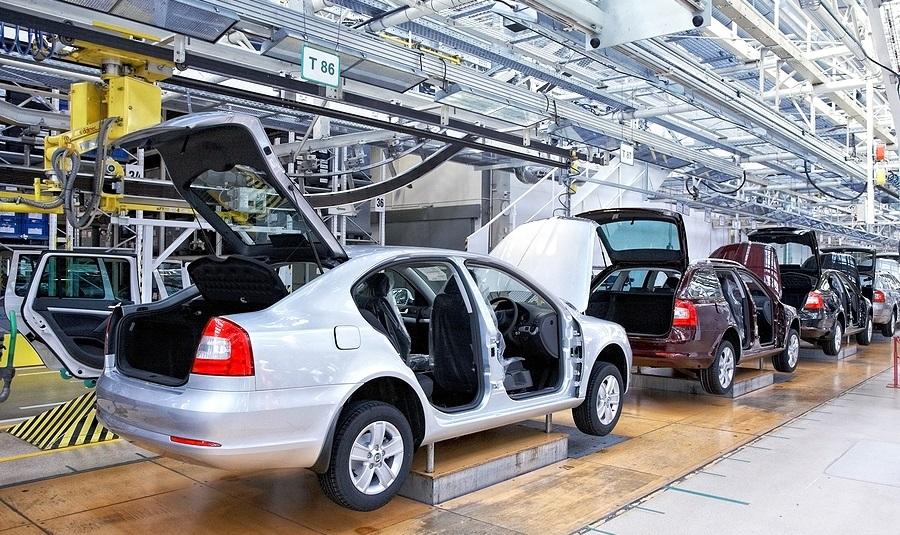Analysis

October 1, 2015
UAW Members Reject FCA Tentative Agreement
Written by Sandy Williams
UAW members rejected the tentative agreement with Fiat Chrysler in what is being called a vote of emotion over logic.
UAW President Dennis Williams tried to put a positive spin on the rejection of the agreement, saying in a statement, “What I love about our organization most of all is that no matter what we do, what action we take, the ultimate decision and the power of the union is our members and they make the final decision.”
“We don’t consider this a setback,” said Williams, “we consider the membership vote a part of the process we respect.”
Fiat Chrysler expressed their disappointment in the vote outcome.
“The cyclical nature of the automotive business demands that while we must recognize the need for rewarding employees during times of prosperity, we must also protect against the inevitable market downturn,” the company said. “This agreement accomplished both of these objectives.”
The vote was historic in that it has been over 30 years since a national labor contract has been rejected by the UAW membership.
UAW members were concerned about losing an expected increase in wage to $28 per hour once the 25 percent entry level wage cap was reached. The cap was removed from the tentative contract and, according to UAW Vice President Norwood Jewell, was never truly in the FCA 2011 contract, only in a summary that workers widely circulated. The proposed agreement would have boosted wages for everyone in the short term and narrowed the two-tier wage system and eventually phase it out over time. CEO Sergio Marchionne is in favor of eliminating the system.
Workers were also dissatisfied with the summary of the contract published on the UAW website. The health care portion was not described in detail and left workers unsure about what changes would take place in benefits.
UAW workers were also shaken by the by the news that FCA plans to shift production domestically and move some to Mexico.
The UAW Facebook page was filled criticisms during the negotiation process. Workers were angry that so little was being revealed to the membership about bargaining progress. In 2011, the union leadership did a better job of keeping workers informed and refuting misinformation through the social media outlets.
In short, FCA workers voted their discontent and, as voting results were leaked, the rejection of the tentative agreement snowballed.
Next up for the bargaining committee is a decision on whether to continue working on the FCA contract or move on to discussions with Ford or GM.
UAW Vice President Jimmy Settles told Ford workers on Tuesday to prepare for a strike, and issued a five-day strike notice at the F-150 plant in Kansas City. A strike would require permission from UAW President Dennis Williams and Regional Director Gary Jones.
“This action is necessary for two reasons. One, it honors a commitment your National Ford Delegates unanimously agreed to in March of this year, to have all local agreements completed simultaneous to the national agreement,” Settles said in a statement. “The company has failed to negotiate in good faith at the local level on issues surrounding manpower provisions, the national heat stress program, and skilled trades scheduling amongst others.”
Settles asked Ford workers not to “read too much into the details of the FCA tentative agreement” and said many aspects of the agreement will be different from one formed with Ford.






